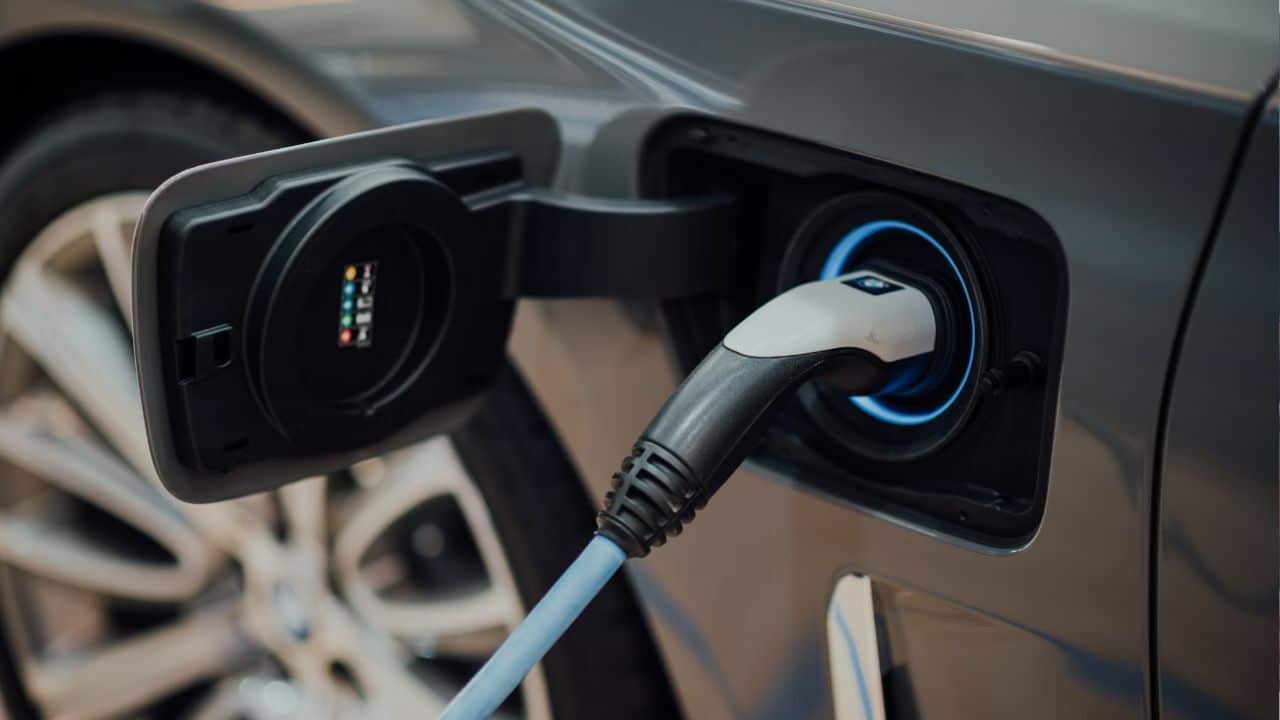Thai EV sales rise 46% but face industry challenges
Market pressures intensify as growth collides with obstacles

The recent increase in electric vehicle (EV) sales in Thailand, marked by a 46% rise in battery EVs (BEVs) from January to April, does not necessarily indicate a smooth trajectory for the industry. Despite this growth, challenges persist, including heightened competition among manufacturers and a downturn in the automotive sector.
The Automotive Industry Club of the Federation of Thai Industries (FTI) reports that 33,633 BEVs were sold in the passenger car category, while internal combustion engine (ICE) vehicles saw a 13% decline to 48,784 units. Plug-in hybrid EVs (PHEVs) increased by 409% to 3,543 units, while hybrid EV (HEV) sales dropped by 11% to 41,228 units. HEVs remained the most popular, capturing a 20% market share.
Concerns are mounting over the intense competition among EV manufacturers, particularly due to a price war involving companies like BYD. Hozon Auto, the parent of Neta Auto Thailand, faces financial difficulties, and Great Wall Motor (GWM) is adjusting production to focus more on diesel vehicles.
Consumer apprehension regarding high maintenance costs and insurance premiums, coupled with weak purchasing power, is also impacting the market.
Kriengkrai Thiennukul, chairman of the FTI, notes that a sluggish economy has prompted Chinese EV manufacturers to engage in a price war to boost sales. BYD, for instance, reduced prices for 22 models, including the Seagull EV, which is priced at roughly 255,000 baht (US$7,790), cheaper than some motorcycles. This strategy, initiated earlier this year, has pressured competitors to follow suit.
Sun Baolong of Hozon Auto suggests the price war may conclude next year, as it impacts brand perception and customer trust. Narong Sritalayon of Thonburi Neustern Co highlights challenges prospective buyers face in securing auto loans due to stringent lending criteria triggered by high household debt levels.
EV sales
GWM (Thailand) is diversifying its production, focusing on both diesel and EVs to meet consumer demands. The company plans to invest further in EV manufacturing while maintaining a multi-powertrain strategy to cater to diverse markets.
The Thai government, while promoting BEVs, has adjusted tax incentives for PHEVs with longer ranges. Deputy Finance Minister Paopoom Rojanasakul mentions a desire to boost automotive investment during the transition to next-generation vehicles.
Neta Auto Thailand is restructuring to address financial issues, reassuring customers about service continuity. Guillaume Mirabaud of AXA Insurance Thailand and Lars Heibutzki of Allianz Ayudhya General Insurance express concerns about the potential impact on customer confidence and insurance policies due to Neta’s financial challenges, reported Bangkok Post.
Last year, motor insurance faced difficulties, with a decline in new vehicle registrations. Despite a challenging start this year, sales are expected to grow due to the price war, particularly among Chinese manufacturers.
However, EV insurance profitability remains low, with high parts costs driving up expenses. AXA Thailand advocates for specialised EV insurance offerings to address these challenges.
Latest Thailand News
Follow The Thaiger on Google News:


























